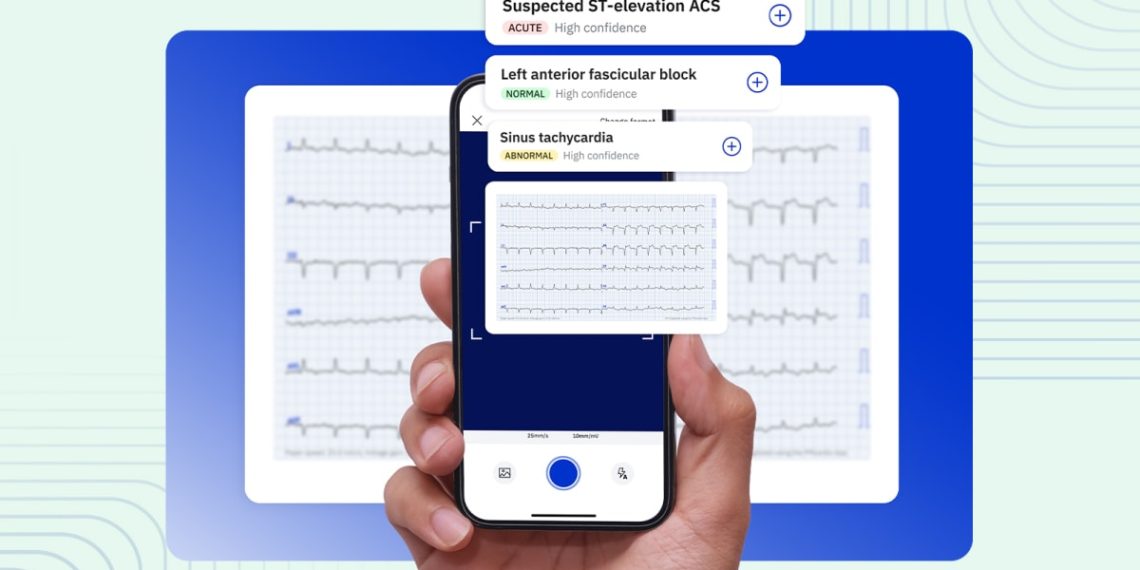Harnessing the potential of artificial intelligence, a groundbreaking AI model developed by researchers at Imperial College London offers profound implications for healthcare providers and businesses alike. This AI-enhanced electrocardiogram (ECG) system, known as AI-ECG risk estimation or AIRE, is not only transforming medical diagnostics but also shaping how healthcare organizations manage resources, prioritize patient care, and anticipate future demands. The AI-ECG model operates by analyzing millions of ECG records to predict a patient’s risk of developing new diseases, experiencing disease progression, or facing early mortality. This capability is crucial for healthcare administrators aiming to optimize operational efficiency and reduce costs. By accurately forecasting health risks, healthcare providers can streamline their patient management processes, ensuring that high-risk cases receive timely interventions, thus reducing unnecessary hospitalizations and associated expenses. Key benefits for business leaders in healthcare include the automation of repetitive diagnostic tasks, enhancing efficiency while freeing up medical professionals to focus on more critical duties. Moreover, the model’s ability to provide deep insights into patient health aids in more informed decision-making, allowing for better strategic planning and resource allocation. For instance, hospitals utilizing the AI-ECG can potentially minimize equipment downtime and maintenance costs associated with emergency interventions by predicting patient needs in advance. Additionally, as the system improves supply chain management by forecasting demand for specific medical services, it helps in maintaining optimal inventory levels and reducing wastage. However, implementing such advanced AI technology comes with its challenges. Healthcare organizations must consider the integration of AI systems with existing infrastructure, the need for staff training, and addressing any potential data privacy concerns. Moreover, gaining buy-in from clinicians is essential, as the model’s credibility hinges on its ability to demonstrate alignment with established medical knowledge and practices. In conclusion, the AI-ECG risk estimation model presents a significant opportunity for healthcare businesses to enhance operational efficiency, improve patient outcomes, and sustain profitability. As AI continues to evolve, healthcare leaders must embrace these innovations to stay competitive and deliver superior patient care.
- AI Products
For startups
For Professionals
- AI Services
For corporations
For Goverments
For Professionals
- Consulting
For corporations
For Goverments
For Professionals
- About
- Cases
- AI Products
For startups
For Professionals
- AI Services
For corporations
For Goverments
For Professionals
- Consulting
For corporations
For Goverments
For Professionals
- About
- Cases









